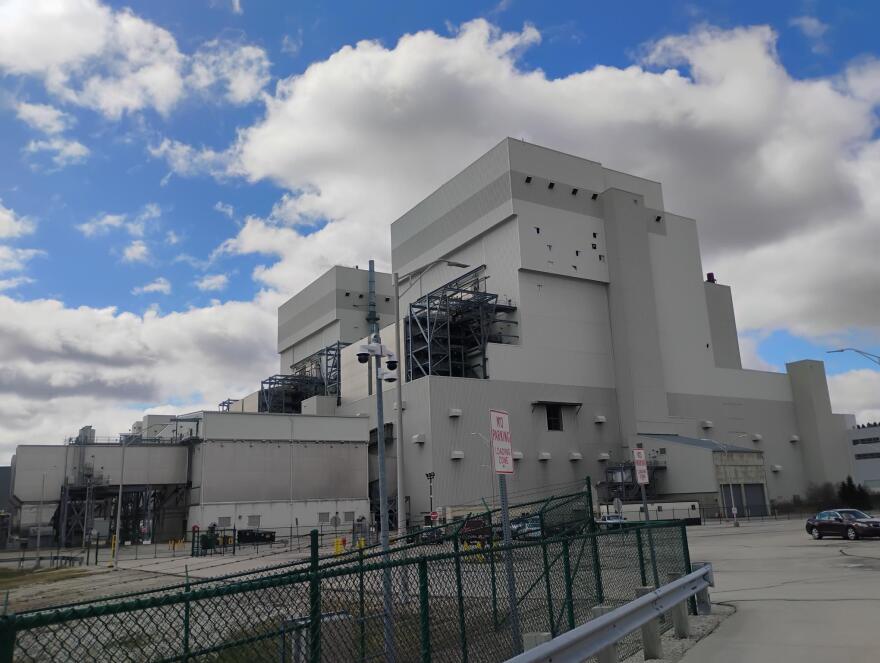The Public Service Commission or (PSC) unanimously approved We Energies’ new gas-fired power plants — with conditions. The conditions include hard caps on project cost, voltage compliances and environmental evaluations.
The plants are proposed for Oak Creek and the Town of Paris in Kenosha County. We Energies says they’ll better support an increased energy demand, including from an incoming Microsoft data center in the area.
Locals and community organizations have been protesting against the new plants. They say it’s a missed opportunity to create cleaner energy and they’re worried about rate increases.

According to the PSC, the proposed Oak Creek plant does not pose any environmental threat.
Chairperson Summer Strand had this to say about an Environmental Evaluation from the PSC and Department of Natural Resources, or DNR:

“I did not find evidence in the EA or other parts of the record that the project would have undue adverse impacts on environmental values, and I think I said earlier too that the DNR actually included that this project would reduce and regulate emissions compared to the status quo at the Oak Creek power plant.”
We Energies plans to phase out a coal-fired power plant in Oak Creek once the natural gas plants are online.
The PSC did vote to move the location of the proposed plant in the town of Paris to offset environmental impacts. That is expected to delay construction of that plant facility by about a year.
PSC Commissioner Marcus Hawkins says he voted to approve the We Energies plan because of the expected increase in demand for energy, including from data centers in southeastern Wisconsin. We Energies points to a Microsoft data center being built in Racine County.
“We confirmed a gap in the available resources the modeling supports that need, and so I found that the modeling helped me get comfortable that this is a reasonable need of the public,” Hawkins says.
The PSC’s decision disappointed Tom Content of the Citizens Utility Board, which advocates for utility customers.
“In this case in particular, we thought that there was too much uncertainty associated with how much energy the Microsoft project is actually going to use because it wasn't really spelled out well in the cases, and so we just, we didn't think that there was enough evidence to approve the whole thing,” Content says.
For Content and his team, their work is now focusing on how to protect We Energies customers.
“The bottom line is it really shifts the focus now to a different case, which is the case where We Energies is trying to set up a framework for how much the tech companies will pay and how much they'll be responsible for the energy that's used by the data centers," Content says. "And we are looking for strong and enforceable conditions that protect the rest of the customers.”




